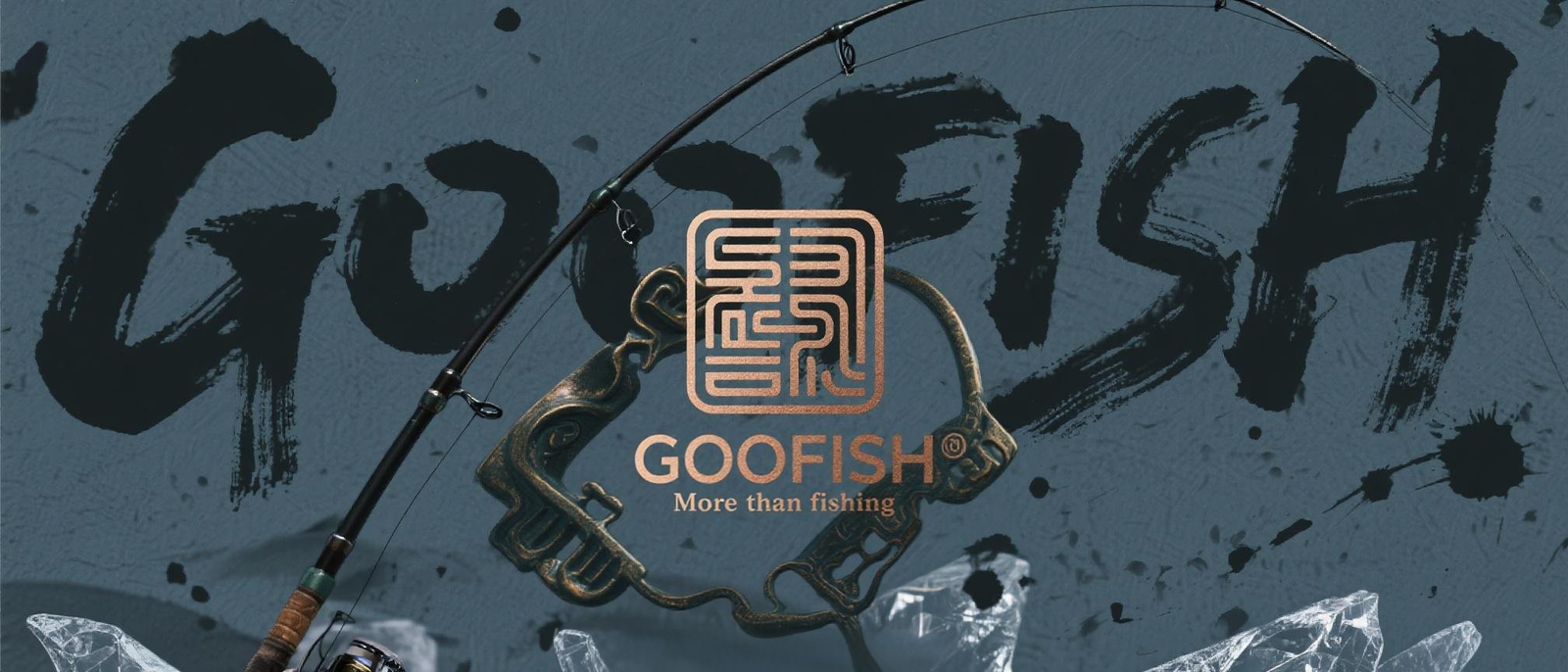Title: Fishing as a Spiritual Metaphor: Tracing Literary Symbolism from The Book of Songs to Hemingway
Meta Description: Explore how fishing evolved from a practical pursuit in ancient Chinese poetry to a profound literary symbol in works like The Old Man and the Sea, with insights into how modern angling tools reflect timeless spiritual themes.
In the vast tapestry of literary history, few activities rival fishing in its ability to embody the human quest for meaning, patience, and connection with the natural world. From the lyrical verses of The Book of Songs—China’s oldest poetic anthology—to Ernest Hemingway’s gritty prose, fishing has transcended its role as a survival skill to become a universal symbol of perseverance, introspection, and harmony. Today, as modern anglers wield tools like 2-piece catfish rods and telescopic baitcaster rods, the spiritual legacy of this tradition continues to ripple through literature and culture.
Ancient Roots: Fishing as a Mirror of Life in The Book of Songs
Dating back to the 11th–7th centuries BCE, The Book of Songs (《诗经》) weaves fishing into its verses as both a livelihood and a metaphor for life’s journey. In poems like “The Fishermen” (《渔父》), the act of casting a net or angling for carp symbolizes humility, adaptability, and the pursuit of harmony with nature. One verse describes an angler waiting “patiently for the fish to bite, like a sage awaiting the right moment to act”—a theme that would echo through millennia of literature. Here, fishing tools were not mere instruments but extensions of the human spirit, embodying the quiet resolve needed to navigate life’s uncertainties.
Centuries later, in medieval and Renaissance Europe, writers like Izaak Walton (author of The Compleat Angler) further romanticized fishing as a “contemplative man’s recreation,” blending technical skill with philosophical reflection. The fishing rod, though primitive compared to today’s 9-foot telescopic catfish rods, became a symbol of simplicity and mindfulness—a stark contrast to the chaos of urban life.
Hemingway and the Modern Fishing Epic: Grit and Grace Under Pressure
Fast-forward to the 20th century, and Ernest Hemingway redefined fishing as a battleground for the human soul. In The Old Man and the Sea (1952), the protagonist Santiago’s 84-day struggle with a marlin transcends sport; it becomes a meditation on dignity, resilience, and the indomitable will to persevere. Hemingway’s sparse, muscular prose mirrors the precision of modern angling—where a baitcaster catfish rod demands focus and skill to cast a line with accuracy—and his characters’ battles against nature reflect humanity’s eternal quest for purpose.
Hemingway’s use of fishing imagery is no accident: the rod, line, and reel become extensions of the self, just as the written word extends the mind. His work solidified fishing’s status as a literary symbol of “grace under pressure,” a theme that resonates with readers today as much as it did in ancient China.
From Ancient Reeds to Modern Fiberglass: How Fishing Tools Echo Literary Evolution
Just as literature evolves, so too do the tools of the trade. Modern catfish rods—whether telescopic, two-piece, or 9-foot—embody the same spirit of innovation that has driven literary expression. A telescopic catfish rod, with its lightweight design and portability, mirrors the mobility of contemporary writers who craft stories for global audiences. Meanwhile, a 9-foot baitcaster rod’s power and precision reflect the intensity of modern narratives that grapple with complex moral dilemmas, much like Hemingway’s unflinching portrayals of human frailty.
These tools remind us that fishing is not just about catching fish but about the journey itself—a metaphor as old as The Book of Songs and as urgent as today’s literary landscape. Whether you’re casting a line in a tranquil pond or penning a novel, the essence remains the same: patience, skill, and a deep respect for the forces that shape us.
Conclusion: Casting Lines Between Past and Present
From the banks of ancient rivers to the shores of modern imagination, fishing has served as a mirror for humanity’s innermost struggles and triumphs. As we hold a baitcaster catfish rod or marvel at the imagery in The Old Man and the Sea, we’re reminded that literature’s greatest symbols are often rooted in the simplest of pursuits—and that the tools we use to navigate life’s waters say as much about our values as the words we write.
In an age where technology speeds up our lives, the art of fishing—and the literary traditions it inspires—urges us to slow down, reflect, and connect with the deeper currents of existence. Whether you’re an angler, a reader, or both, the story of fishing as a spiritual metaphor continues to unfold, one cast at a time.







Leave a comment